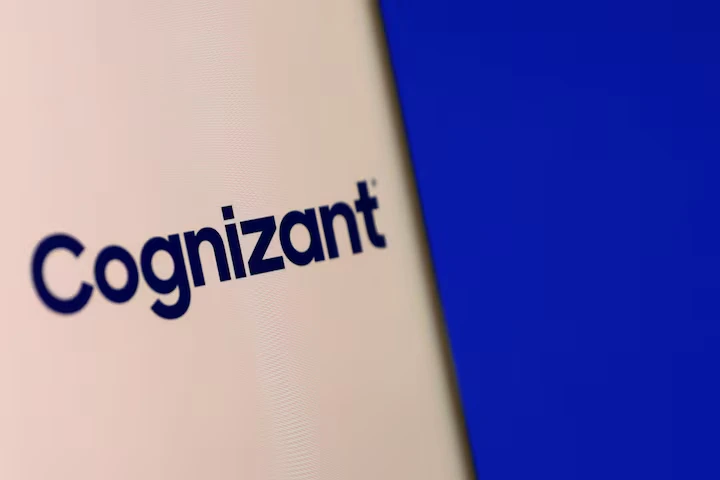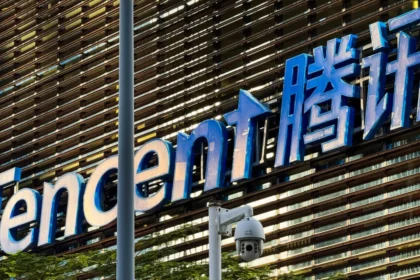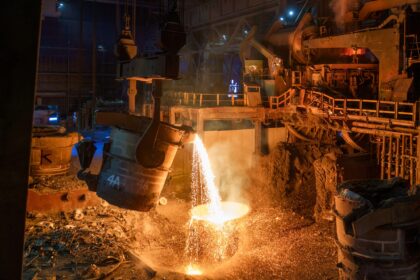Cognizant is preparing to reboot its long-term strategy, driven by a surge in corporate demand for artificial intelligence. The company raised its adjusted earnings forecast for 2025, anticipating sustained growth in enterprise spending on digital transformation. As we at YourDailyAnalysis note, Cognizant is positioning itself not just as an IT services provider but as a systems integrator of the AI era – transforming technology into measurable operational efficiency.
Following the announcement of its updated outlook, shares of the New Jersey-based firm jumped nearly 10%. Cognizant now expects earnings per share in the range of $5.22–$5.26, up from its previous forecast, with annual revenue projected between $21.05 and $21.1 billion. Third-quarter revenue already reached $5.42 billion, surpassing market expectations. At YourDailyAnalysis, we see this as evidence that AI is no longer a side initiative for Cognizant – it has become the core of its business model.
The company’s growth is powered by the rapid deployment of AI agents, automation solutions, and targeted acquisitions aimed at strengthening its competitive edge. This strategy helps Cognizant win contracts from larger rivals, particularly where clients need a technology partner rather than a traditional outsourcing vendor. Still, U.S. restrictions on H-1B visas – a new $100,000 fee per skilled foreign worker – pose a clear risk. While Cognizant insists it has reduced dependence on visa hires, the policy could still slow project delivery in key technical areas.
Cognizant’s main advantage lies in tapping into a mature market demand: corporations no longer ask what AI is – they ask where it can cut costs. This pragmatic approach to automation gives the company stability even amid macroeconomic uncertainty. Yet Cognizant must now prove that its promises translate into real results. Integrating AI into complex enterprise systems requires not just consultants but engineers capable of delivering reliability, compliance, and security at scale.
We at YourDailyAnalysis observe that Cognizant is standing at the intersection between classic outsourcing and full-scale AI integration. Its success now depends on two key factors: maintaining the momentum of automation projects in high-margin industries while protecting profitability amid rising labor costs, and accelerating its acquisition of niche AI firms before rivals like Accenture and Infosys do.
For investors, the Cognizant story has become a test of endurance. The company has exceeded expectations and raised its outlook, but the market now demands proof that this growth is sustainable. If Cognizant manages to balance technological leadership with workforce resilience, it could cement its position as one of the core engines of enterprise AI. If not, it risks being seen as a temporary “cycle winner.” In our view at Your Daily Analysis, this year will be decisive: the company’s ability to turn artificial intelligence into recurring cash flow will determine whether it remains among the leaders of the new digital economy.















